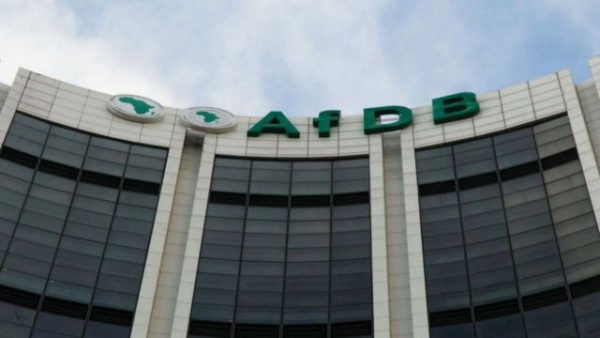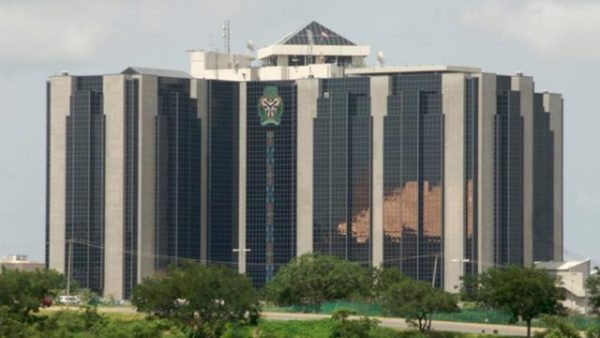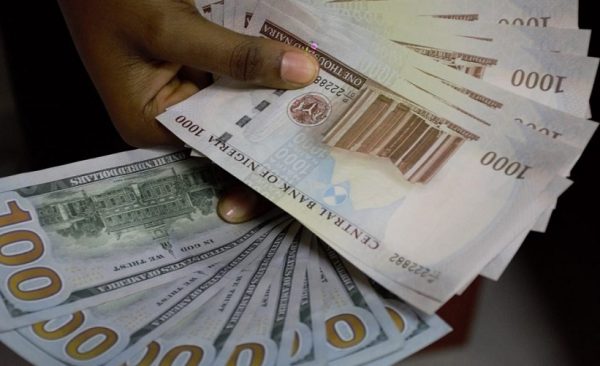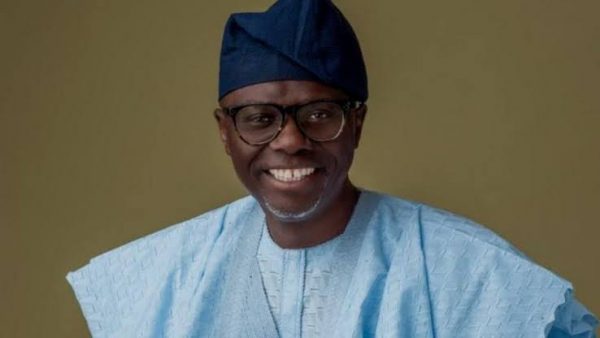N250bn Debt: Telcos Seek NCC Approval To Stop Bank Transfer Services
Nigeria’s telecom operators are pushing for regulatory approval from the Nigerian Communications Commission to withdraw Unstructured Supplementary Service Data services from banks due to an outstanding debt of over N250bn.
This debt has been a contentious issue for the past six years, prompting past interventions from the Central Bank of Nigeria under Godwin Emefiele’s leadership and the former Minister of Communications, Isa Pantami, but no lasting solution has been reached.
The USSD service initially developed by telecom companies for providing airtime and subscription services has been widely adopted in the banking sector because it does not require an internet connection.
The Chairman of the Association of Licensed Telecommunications Operators of Nigeria, Gbenga Adebayo, lamented that banks have been profiting from USSD services without fulfilling their payment obligations in the last six years.
“Under normal circumstances, this would be a straightforward commercial transaction, but it has gained political interest. If it were simply business as usual, there are clauses in the contract that would allow each party to prepare themselves.
“Both parties would have been able to invoke those clauses. However, due to the political interest that has developed over the years, it has now become necessary for operators to seek regulatory clearance before taking any action,” he told media source on Tuesday.
He expressed that the USSD issue has been a longstanding concern, saying that the outstanding debt must be addressed.
“The reality now is that this money has to be paid. We’ve delayed it for too long, and there have been too many discussions and questions surrounding it. What’s not right is not right. There’s no other name for it. The profile of this debt has risen and lingered for too long.”
In May 2023, the NCC granted telcos approval to disconnect banks from using USSDs. The debt that was N80bn as of November 2022 rose to more than N120bn by April 2023 and now stands at over N250bn, according to ALTON chairman.
Amid this escalating debt, some bank executives in the past, including the late CEO of Access Holdings, Herbert Wigwe, and Group CEO of Guaranty Trust Holding Company, Segun Agbaje, have all questioned how the telecom operators arrived at the debt figure.
The ALTON chair clarified that while the banks do not dispute their indebtedness, the only point of contention is the amount owed.
He stated, “We have records and information indicating that traffic remains the same, but they have not paid for it. They aren’t disputing that they owe money; what’s being disputed is the amount. They aren’t denying the debt itself.
“A debtor is a debtor, regardless of the amount. Whether you owe a small or large sum, if you’re in debt to a bank, they will act against you without regard for the size of the debt.”
He further highlighted the irony of the situation, asserting that if this debt were owed to the banks, they would have already taken action, including employing debt recovery agents to pursue the matter with the debtor operators.
The potential withdrawal of USSD services could lead to considerable disruption in banking operations, raising concerns about the implications for both the telecommunications and banking sectors.
The Director at Adaba Consult, a telecommunications consultancy firm, Ejike Onyeaso, said the core of the issue lies in the leased lines granted to banks and their usage.
Onyeaso explained that while telecom service providers have been offering these lines, the banks have not compensated them adequately for the services rendered.
“Telecom companies are saying that since the banks are using these services to generate additional revenue—specifically through USSD—it only makes sense that they pay us for the services rendered,” he told media.
“The staggering amounts involved necessitate the sustainability of the telecommunications industry,” he said. “At the same time, it’s vital for the banking sector to avoid any form of collapse. If telecommunications operators follow through on their threats, certain banking services would be impacted during any suspension.”
Onyeaso urged both sides to return to the negotiating table, emphasizing that a resolution is essential.
He pointed out that while the banks may have a different perspective on the matter, they cannot deny that the services are being provided.
“If they believe these services are not necessary, they should allow us to withdraw them from our platform. It’s that straightforward,” he asserted.
“A laborer deserves their wages; they need to pay us for the service provided,” he concluded.
On Monday, MTN’s CEO, Karl Toriola, expressed confidence that the newly appointed Central Bank of Nigeria governor, Yemi Cardoso, alongside the Executive Vice Chairman of the Nigerian Communications Commission, Dr Aminu Maida, would soon find a resolution to the ongoing dispute.
He cautioned that if the issue remains unresolved, telecom operators would have no choice but to seek regulatory approval to stop allowing commercial banks to conduct transactions on the platform.








